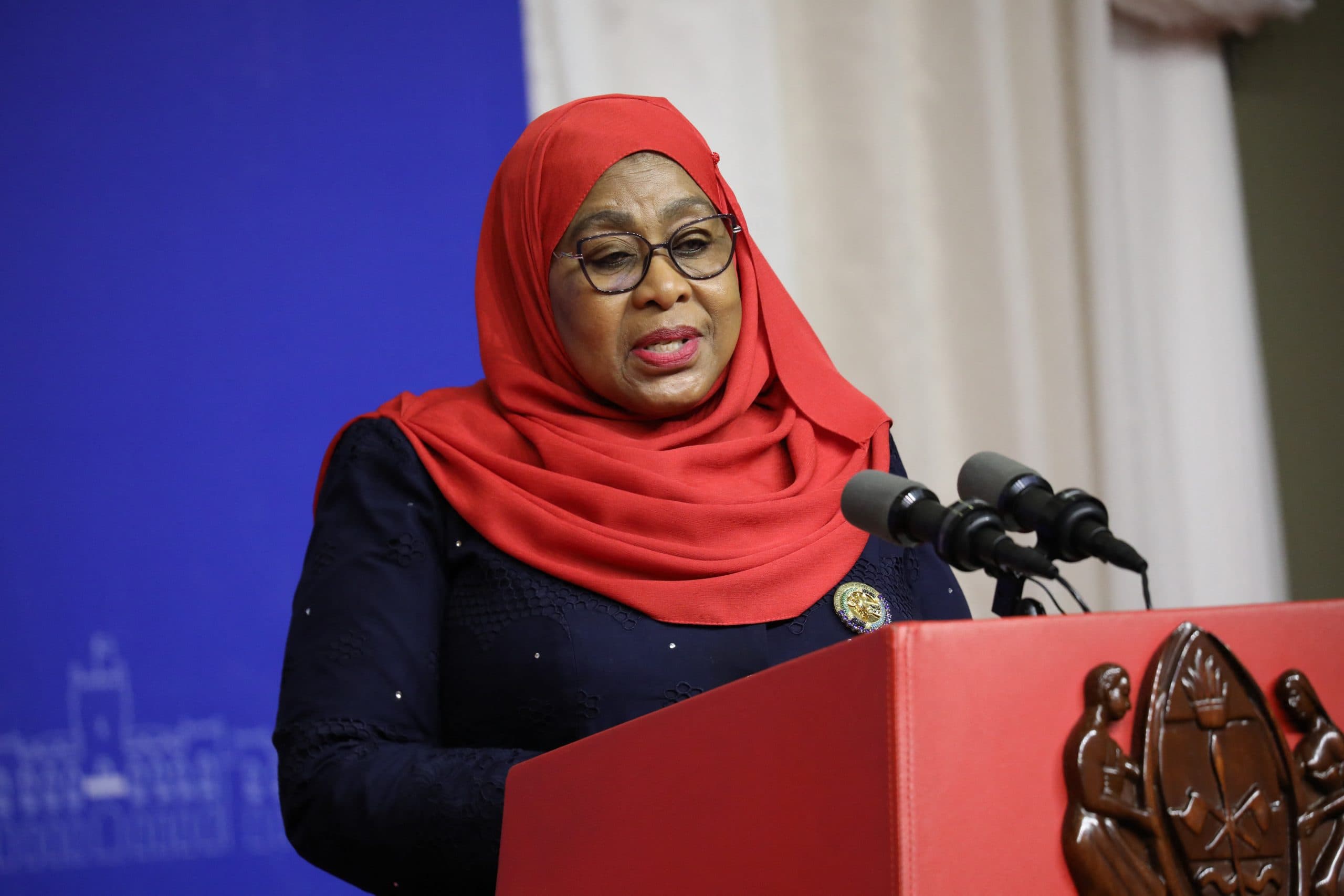We're loading the full news article for you. This includes the article content, images, author information, and related articles.
Deadly clashes mar Tanzania's general election amid a fierce government crackdown, raising concerns in Kenya over regional stability and democratic backsliding in the East African Community.

A police officer and a civilian were killed in Tanzania on Wednesday, October 29, 2025, as protests erupted across the country during a contentious general election. The demonstrations in major cities, including the commercial hub Dar es Salaam, Mbeya, Tanga, and Mwanza, were triggered by widespread allegations of democratic suppression by President Samia Suluhu Hassan's government.
Amnesty International confirmed the two fatalities late on Wednesday and called for an immediate and independent investigation into the use of lethal force by police. "Reports that one general member of the public and one police officer have been killed during election day protests across Tanzania are deeply disturbing," said Tigere Chagutah, Amnesty International's Regional Director for East and Southern Africa, in a statement issued on Wednesday evening, October 29. The rights group warned that the risk of further escalation was high and urged security forces to exercise restraint.
The unrest follows months of escalating political tension, which human rights organizations have described as a severe crackdown on dissent. The country's two main opposition parties, Chadema and ACT-Wazalendo, were barred from participating in the presidential race. Chadema's leader, Tundu Lissu, was arrested in April 2025 and is facing treason charges after campaigning for electoral reforms under the banner "no reforms, no elections." Luhaga Mpina, the presidential candidate for ACT-Wazalendo, was also disqualified from the race. These actions effectively removed any significant challenge to President Hassan and the ruling Chama Cha Mapinduzi (CCM) party, which has been in power since 1961.
In the months leading up to the vote, rights groups including Human Rights Watch and Amnesty International documented a "wave of terror," including enforced disappearances, torture, and arbitrary arrests of opposition figures, activists, and journalists. A Human Rights Watch report from September 29, 2025, detailed a pattern of state-led intimidation and rights violations. The Tanzanian government has denied allegations of torture and enforced disappearances, with spokesperson Gerson Msigwa stating that any reported incident is subject to a thorough investigation.
In response to the protests, Tanzanian authorities imposed a dusk-to-dawn curfew in Dar es Salaam on Wednesday. The government also ordered civil servants and students to stay home on Thursday, October 30. Additionally, the internet monitoring organization NetBlocks reported a nationwide disruption to internet connectivity on election day, a move that critics say was aimed at stifling communication and information flow.
The political turmoil in Tanzania, a key partner in the East African Community (EAC), has significant implications for Kenya and the wider region. As a major trade partner, political instability in Tanzania can disrupt economic ties and supply chains. Recent trade disputes, including a July 2025 ban by Tanzania on foreigners in certain small-scale business sectors which affected many Kenyans, have already strained relations. The current crisis raises further questions about the commitment to democratic principles and the rule of law within the EAC bloc. Prominent Kenyan opposition figure Martha Karua described the Tanzanian election as "drama," not a genuine democratic process, a sentiment echoed by the U.S. Senate Foreign Relations Committee which warned the situation undermines the country's democracy.
With President Hassan's victory all but assured, the focus for Kenya and other regional observers will be on the post-election environment. The government's handling of dissent and the potential for further unrest will be critical indicators of Tanzania's future stability and its role within the East African Community. International bodies and human rights groups continue to call for accountability and a return to a more inclusive political process.
Keep the conversation in one place—threads here stay linked to the story and in the forums.
Sign in to start a discussion
Start a conversation about this story and keep it linked here.
Other hot threads
E-sports and Gaming Community in Kenya
Active 9 months ago
The Role of Technology in Modern Agriculture (AgriTech)
Active 9 months ago
Popular Recreational Activities Across Counties
Active 9 months ago
Investing in Youth Sports Development Programs
Active 9 months ago
Key figures and persons of interest featured in this article